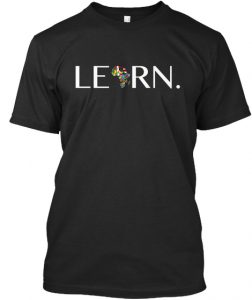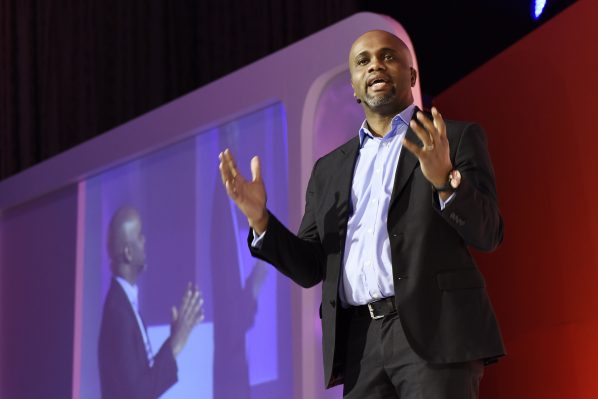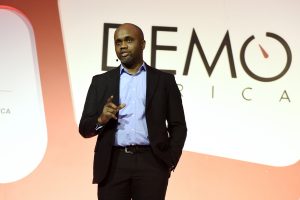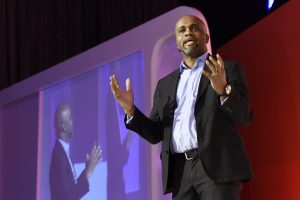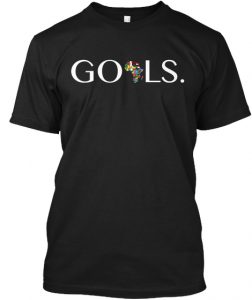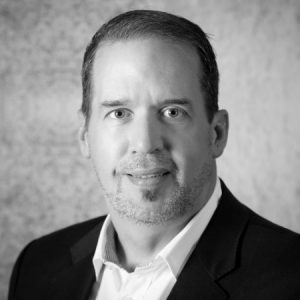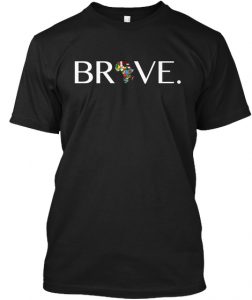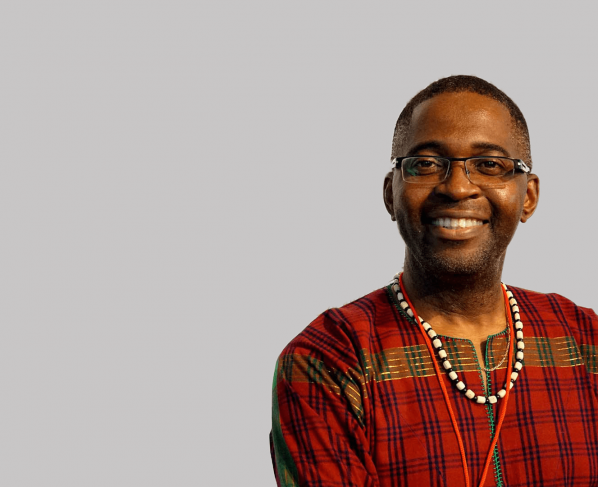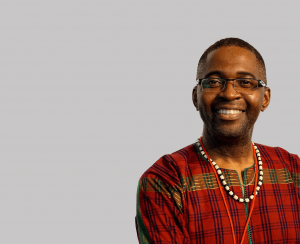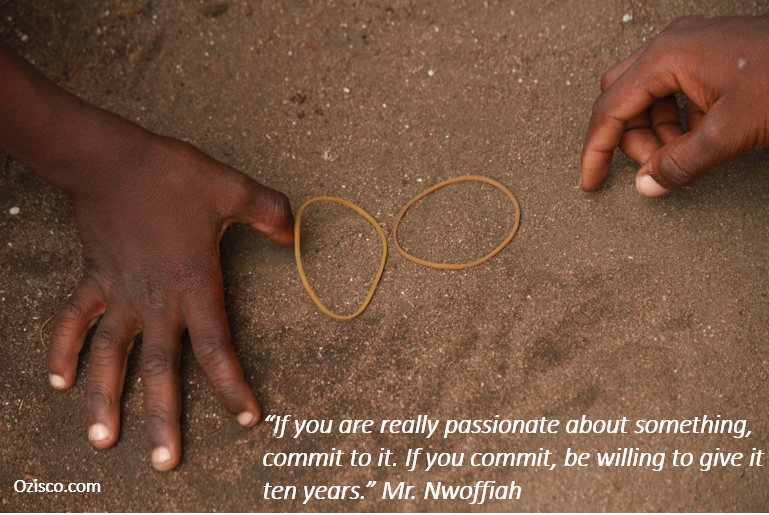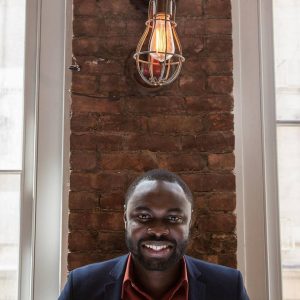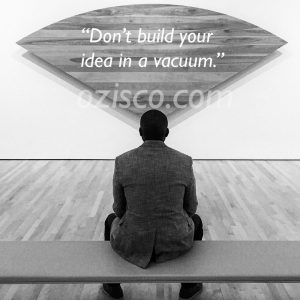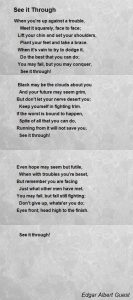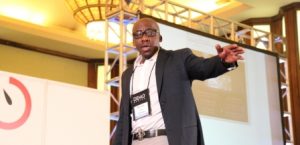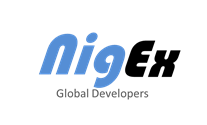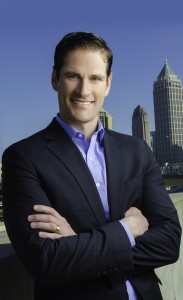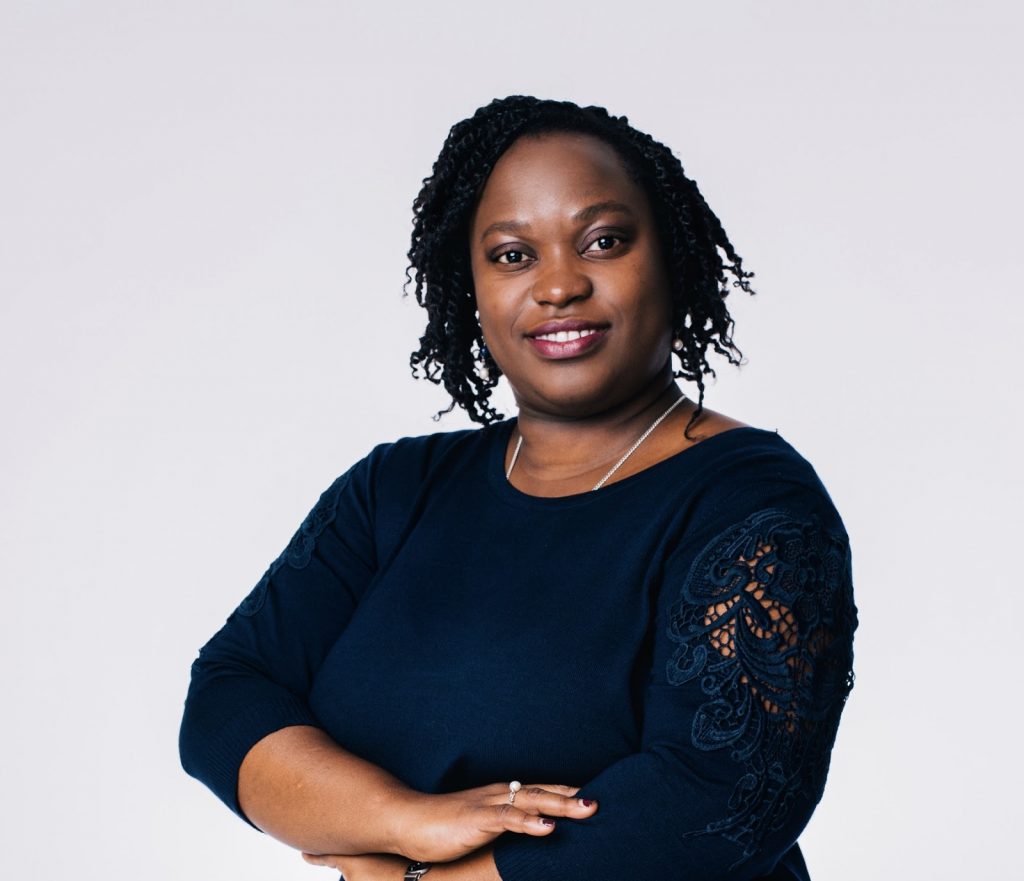
- What compelled you to start Expanded Impact and what has surprised you the most about your journey thus far?
I followed my passion! I have always been drawn to leadership development, leading or founding organizations at school and work to foster learning, development, and growth. A series of activities led me to coaching including meeting my first mentor, Katie Hingle, who is a certified coach, my first coaching experience at the Watermark conference, and my first coaching class with CTI (Coaches Training Institute) while founding a speed coaching program for minority employees at Adobe.
In pursuing my passion, I became aware of the impact of coaching which compelled me to take massive action to become a trained & certified executive coach. As my confidence matured, establishing Expanded Impact was the natural next step. With Expanded Impact, my vision is to navigate established and emerging leaders through self-discovery and personal transformation as they expand their impact to themselves and others. Expanded Impact currently provides executive coaching, leadership development workshops and dynamic talks that spark awareness, confidence, and action.
What’s surprising about my journey so far is how my insurmountable mountains become distant landscapes in hindsight. With every milestone, I best myself and redefine my capacity. This is the possibility available to us all. In short, I continuously expand my impact as I help others expand theirs!
2. What makes goal setting a critical element in achieving success? Why do so many people have challenges setting and exceeding their goals?
Goals setting is critical to achieving success as it defines the goalposts towards bringing your passions to life. Goals and their corresponding actions are the concrete ways to develop skills towards your passion. As Gary & Jay mentioned in “The ONE thing,” passion without skills goes nowhere. When you build your skills, you will see results which in turn, fuel your passion. Increase in your passion leads to developing more skills towards that passion, leading to more results.
Some common challenges towards setting and exceeding goals that I have observed through my coaching are:
- We barely take out time to reflect and set goals for ourselves. Setting aside time regularly, be it quarterly or monthly, is a way to make this part of your routine
- We make goals too broad without a plan to measure the outcome, and therefore, lose our zeal. Set SMART goals to ensure you know when you are on-track or not.
- We set too many goals leading to a lack of focus, and again, nothing gets done. Or worse, we lose sight of the most important goal. Try focusing on the one important goal first, you’ll learn something that will inform your next best step.
- We don’t give ourselves the necessary support structure – be it in accountability partners or triggers that remind us of the what and why of our goals. Recruit accountability partners like a coach or a friend who will hold you accountable without judgment.
3. Why is the cause you are pursuing or problem you are solving the most important for this generation? How would future generations benefit if it’s successful? What is at risk if you do not succeed?
In our fast-paced and noisy lives of today, we drown out our own voices so easily. We are swept by the hustle and bustle of daily activities, politics, gadgets, etc. Coaching is a practice of reflective inquiry that creates space for us to (re)discover our inner wisdom. What happens when we connect to our inner wisdom is we discover self-confidence, we learn to drown out fear and doubt, we see choices, we get unstuck, and we create our path. In essence, we become leaders in our own lives and take up the space we already had but may not always see. The impact is we have more capacity to give love and share our passions with those around us.
If we don’t develop to our full potential, we cannot give/share our gifts fully. We already see the impact of this today. Let’s take the workplace for instance. Imagine what it is like working for a manager who had poor leadership skills. What does that do to your growth opportunities, your ability to learn, your happiness and satisfaction on the job? How much of your intellectual capacity do you really bring to work in this space?
Now imagine working for a manager who is a great leader. Notice how well you would thrive, your higher level of happiness and satisfaction, your eagerness for learning and growth, and the overall value you would add to the company.
Now, multiply the impact in both cases above by five employees. What if those employees are also managers, what is the impact on their employees?
What happens when a disengaged employee goes home? How does that impact their engagement at home? How do they interact with their children? What are their children learning about life?
You see, work and life are all life; your life! And that is what is at stake.
4. Starting a business or even a side hustle can be challenging. What advice do you have for someone struggling with an idea they want to start while balancing a full time job? How would you advice they get started?
Map out what you want to do and most importantly, why you want to do it. Your “why” will be the driving force you will always go back to when challenged.
Then go ahead and develop your goals, starting with what is most important to tackle first, build your test, take action and learn from it. Learn from others who have done something similar so that you stand on the shoulders of those before you and get a head start. Next, get your supporters along for the ride, never go at it alone. These will be the people to cheer you on, offer advice, help, provide contacts, etc., along the way.
But most of all, go ahead and start. I was reminded of this simple advice recently by Aman Gohal, “Just go ahead and do it, don’t overthink it.”
5. What is the best piece of actionable advice you’ve received that continues to be a source of inspiration in good times and challenging times?
Never stop learning. My dad taught me this lesson a long time ago, and it has stayed with me since then. We learn from successes and failures. Being a lifelong learner means being a sponge, always open to new possibilities, and new people. Learning comes from everywhere and everyone!
You can connect with Solu Nwanze on LinkedIn and her website.

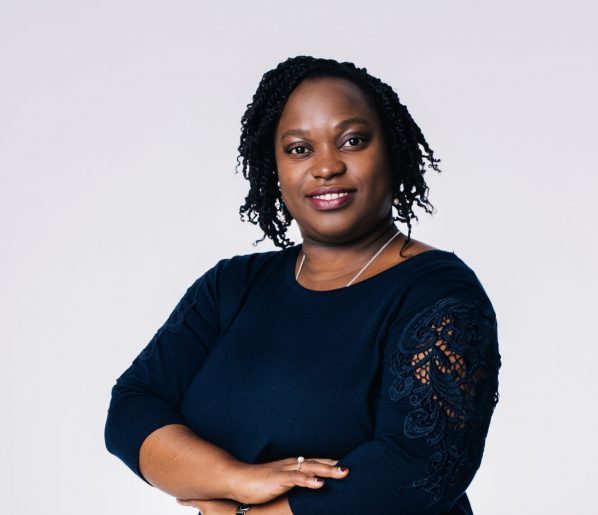
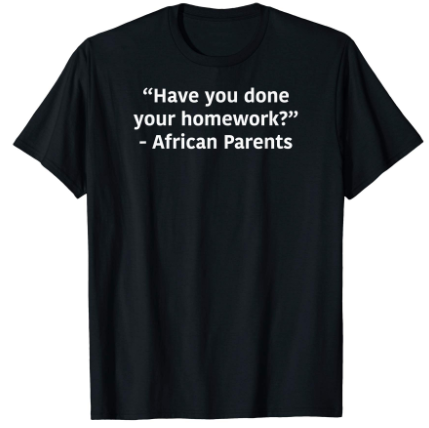
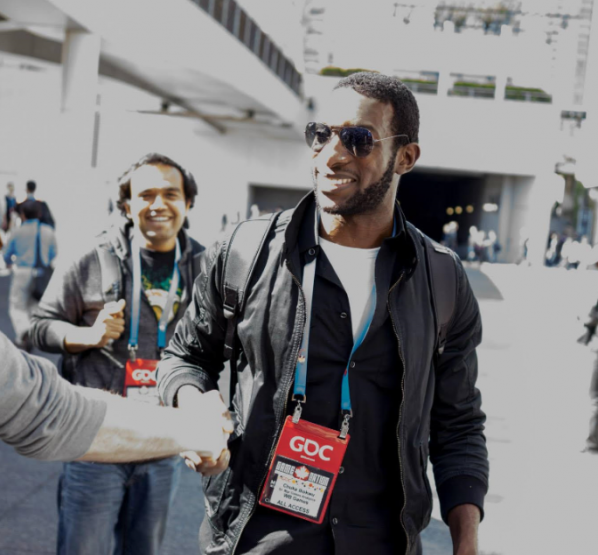
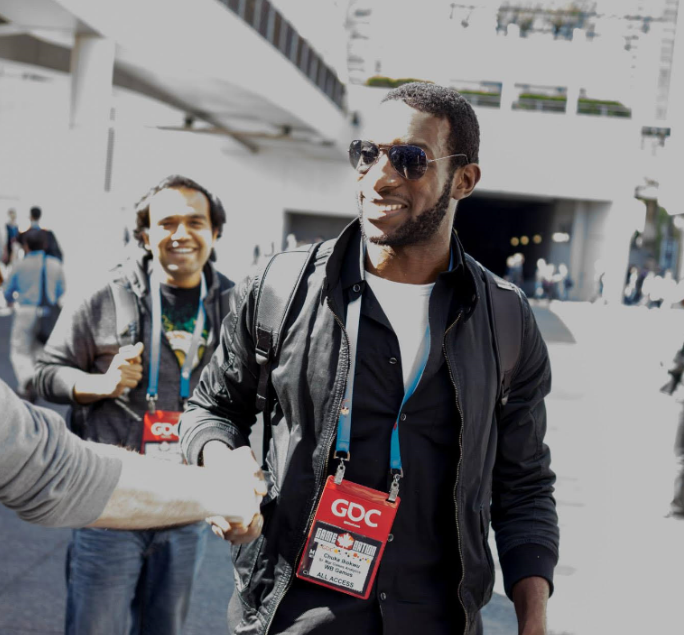

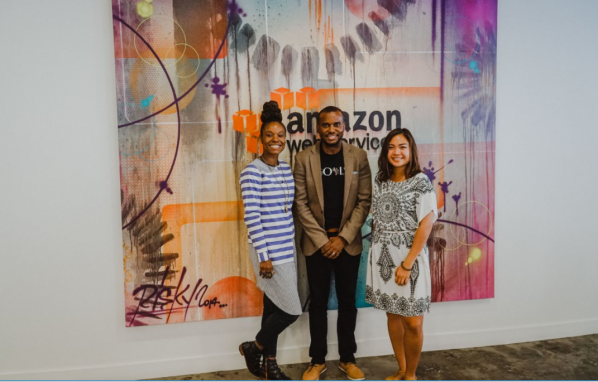

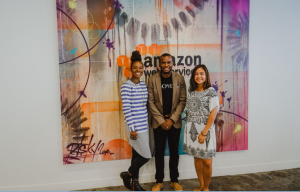
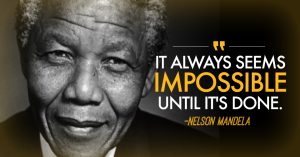 That is something that I live by. It reminds me that regardless of appearances, if you have a dream, you have to just go for it. His life like so many others was a true testament to that fact. Whenever I am facing a challenge personal or otherwise, I turn to that quote to remind me that anything is possible.
That is something that I live by. It reminds me that regardless of appearances, if you have a dream, you have to just go for it. His life like so many others was a true testament to that fact. Whenever I am facing a challenge personal or otherwise, I turn to that quote to remind me that anything is possible.